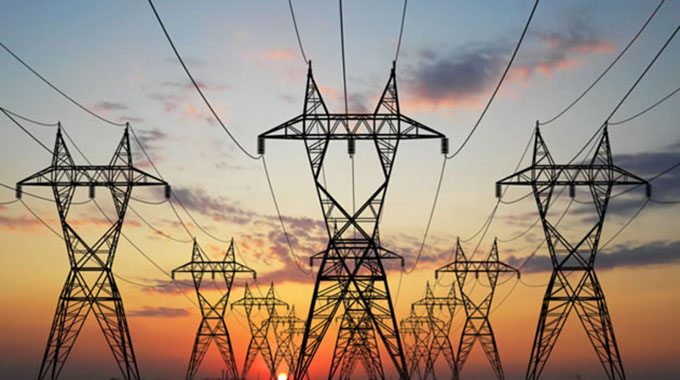
Michael Tome Business Reporter
Zimbabwe Electricity Transmission and Distribution Company (ZETDC) has revealed its intentions to effect an electricity tariff increase from the present 38,61cents per kwh, appealing that the amount has been eroded by the prevailing inflationary environment.
In a notice yesterday ZETDC disclosed that it had applied to the Zimbabwe Energy Regulatory Authority (ZERA) seeking an upward review of the power tariff.
Three months ago the private sector called for a cost reflective power tariff of up to the equivalent of US$0,14 per kilowatt-hour to guarantee constant supply of electricity in the county.
Some quarters have lauded the initiative, claiming it is healthy for the entity to remain viable in face of the rising need for capital to meet the external bills.
In the notice ZETDC said, “The current tariff of ZWLc38,61kWh has been severely eroded due to the movement of macroeconomic fundamentals. Therefore viability and service delivery has been severely compromised.
“The electricity tariff applied for will enable ZETDC to raise the required working capital for the improvement of among other things, local electricity generation, procurement of critical spares for maintenance as well as electricity imports, to reduce load shedding.”
Africa Economic Development Studies (AEDS) executive director Dr Gift Mugano highlighted that the move was inevitable considering ZETDC’s impending need for capital for sustainable power supply.
“What is not deniable is that ZETDC needs to recover financially and so the increase will allow the entity to generate enough revenue to buy foreign currency for importing power, which (electricity) we are not sufficiently producing locally.
Furthermore, Dr Mugano hinted that high electricity price was better than using generators which are more costly, indicating that the country had to establish more alternative sources of power complementing the existing Kariba hydro power and Hwange thermal power.
“We better have electricity that is expensive but available as compared to using generators, we have to move away from the culture of subsidising the commodity.
“Also as a nation we should migrate from relying (on) electricity imports, we need long-term or permanent solutions to the power issue,” said Dr Mugano.
Weighing in on the matter ZNCC chief executive officer Christopher Mugaga said the supposed tariff increase is long overdue considering how the price (electricity) had remained stagnant whilst inflation figures spiralled.
“The power tariff increase is long overdue because the pricing of electricity should be at par with obtaining inflation rates,” said Mr Mugaga.
Mr Kamungeremu of ZNCC also earlier this year indicated that running business on generators was highly unsustainable and emphasised that the private sector could do all things necessary to normalise power supply.
He bemoaned instances where the power utility (ZESA) was importing electricity at higher prices only to be consumed at a lower price locally.
